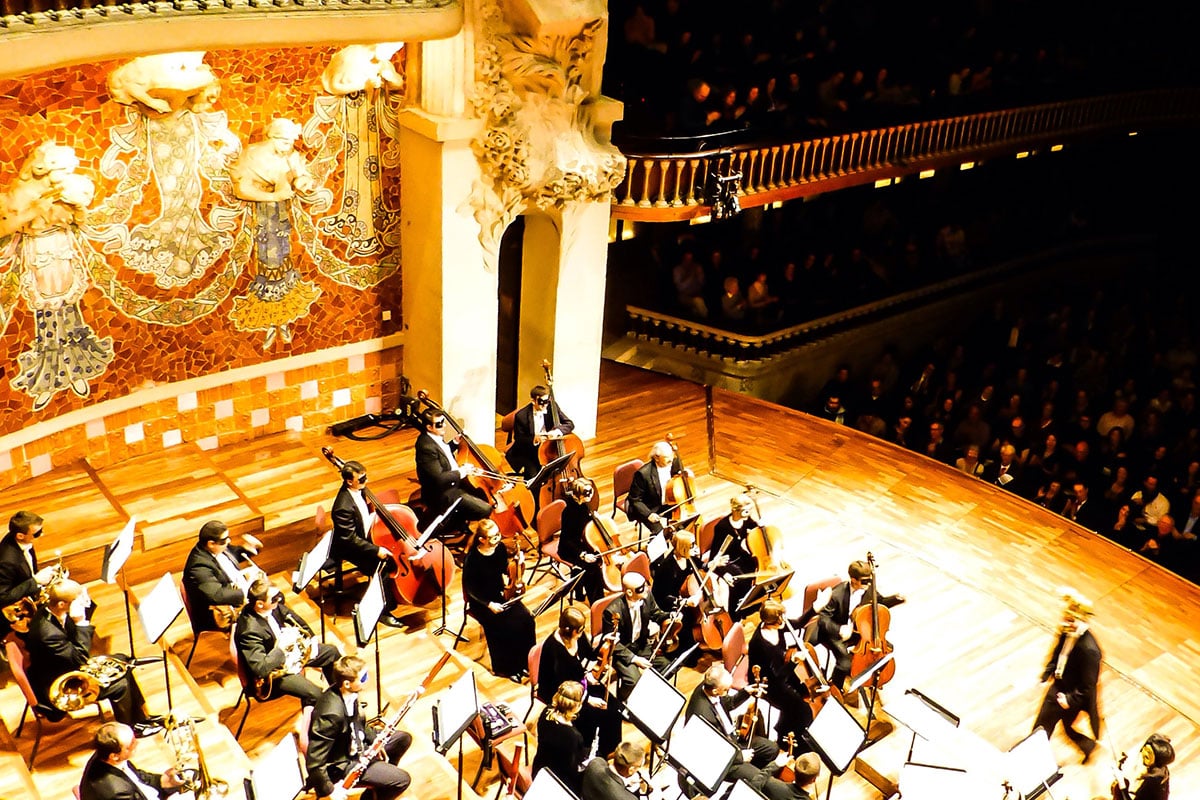
The outstanding Aragonese ephemeris of the day remembers today, November 7, but in 1934, the musician Salvador Azara, a native of Fuentes de Ebro, died. From an early age, his passion for music was instilled by his father, a great fan of this art. At the age of seven, Azara was already improvising on the organ, showing an innate talent. His dedication and love for music led him to take up an ecclesiastical career, entering the Pontifical Palafoxian Seminary in 1900. During his studies, he had the opportunity to learn from the most outstanding music teachers in Zaragoza, such as José Tremps y Castellón, Alejo Cuartero y Garza, Antonio Lozano González and Miguel Arnaudas Larrodé.
After becoming a presbyter in 1908, Salvador Azara assumed the position of maestro of the Cathedral of Lugo. However, his stay in Lugo was brief, since in 1909 he was appointed organist at the parish church of La Almunia de Doña Godina, in Zaragoza. He also became director of the municipal music band in La Almunia. In 1912, he returned to Zaragoza as professor of Gregorian Chant at the Conciliar Seminary, and in 1919 he won the competitive examinations for chapel master of the Cathedral of Zaragoza.
As his career progressed, Salvador Azara established himself as a prominent composer and promoter of music in Zaragoza. In 1918, he founded the Agrupación Artística Aragonesa, which was dedicated to premiering his own works and promoting the music of young talents. His importance as a composer grew notably, culminating with the premiere of his work “Miserere” at the Teatro Real in Madrid in 1921. In 1929, he began composing secular music under the pseudonym Álvaro Sazarda.
Salvador Azara was a key figure in the founding of the Conservatorio Aragonés de Música y Declamación in 1931, where he held the position of director until 1933. Subsequently, he became professor of Harmony and Composition at the Conservatorio Oficial de Música de Zaragoza. He was also a member of the Real Academia de Nobles y Bellas Artes de San Luis, where he stood out for his interest in the compilation of Aragonese popular music in songbooks.
Sadly, on November 7, 1934, Salvador Azara passed away after a painful illness. His death left a void in the Aragonese music scene, but his legacy lives on in his music and in his dedication to the promotion and teaching of music in the region. His contribution to Aragonese musical culture is remembered and appreciated to this day.
WHAT IS AN EPHEMERIS?
An ephemeris is an important date or event that is celebrated or remembered on a certain date of the year. These are usually anniversaries of historical events, important discoveries, birthdays of famous people, religious dates, or commemorations of national events.
Ephemerides can be commemorative, educational, or simply informative. Some ephemeris are of global importance, while others may be more relevant at the local or regional level. Ephemerides are an important way to remember our past and reflect on its significance for the present and future.
source

